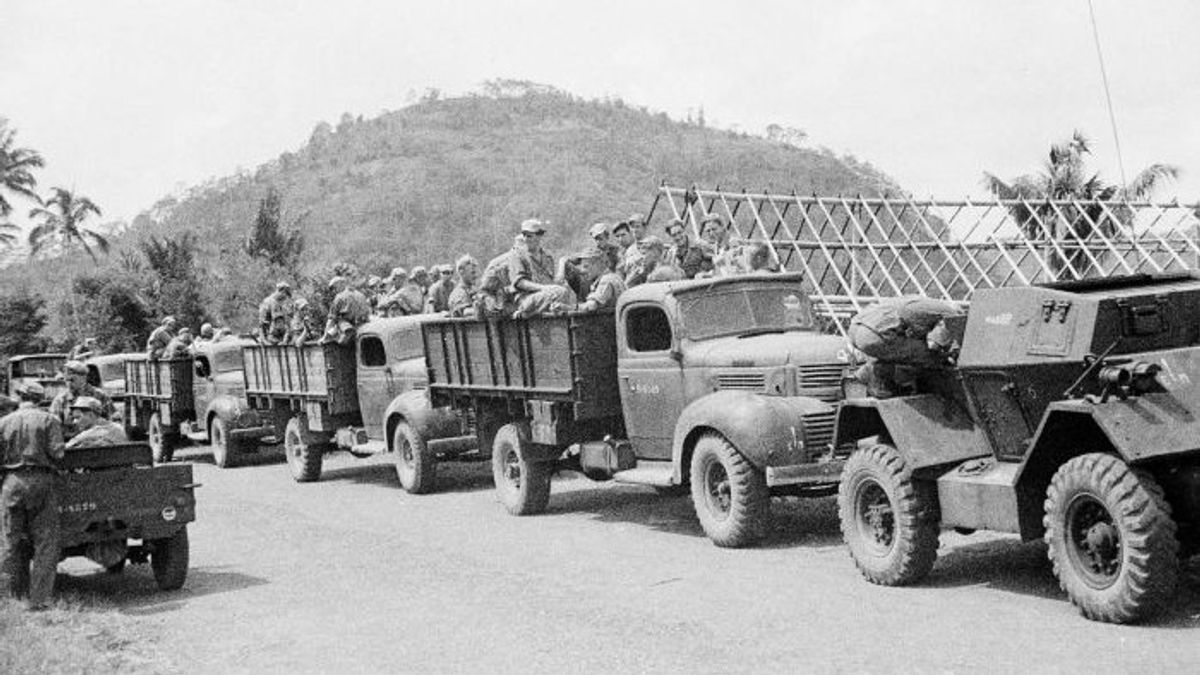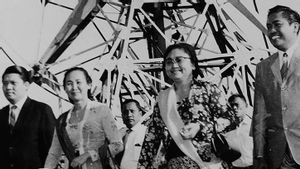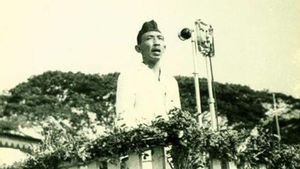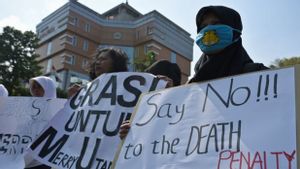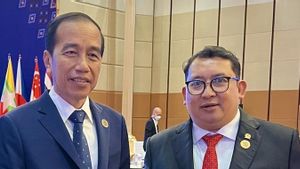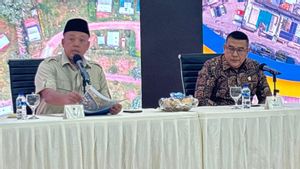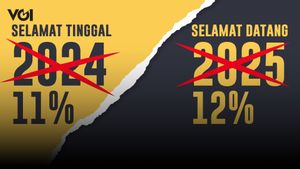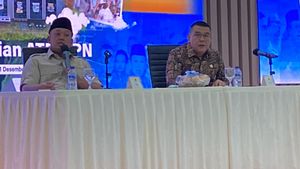JAKARTA Today's history, 76 years ago, July 31, 1947, India and Australia complained about the Dutch Military Aggression to the UN Security Council. The two countries believe the Dutch action could disrupt international peace and security. Moreover, casualties between the two sides fell.
Previously, the Netherlands had never really been willing to release Indonesia for independence. They feel that Indonesia is an important part of the Windmill Country. Then, the narrative of arms lifting was perpetuated to seize Indonesia.
Japan's surrender to allies shocked the whole world. Japan's occupied countries began to choose their own path. Indonesia, let alone. Indonesia chose to liberate itself. Independence fighters consider independence a must.
The Dutch saw it differently. Indonesia's independence is not considered. The colonial country saw that Indonesia's independence was the right phase to reclaim Indonesia. They also worked together. Spreading terror became an example.
The Dutch, who used the flag of the Dutch East Indies Civil Government (NICA), began to carry allies into Indonesia. The fleet and weapons brought by the Dutch were not a big game. They came to Indonesia with one goal: to colonize again.
However, efforts to seize Indonesia were never easy for the Dutch. All Indonesians do not want to be colonized again. They prefer to take up arms against the Dutch. Even though insufficient weapons and at stake.
The behavior of the Indonesian people made the Dutch angry. They perpetuated the war on a large scale. The Dutch Military Aggression I was also rolled out on July 21, 1947. Dutch troops began to brutally attack freedom fighters in various regions.
In general, the Netherlands rationalized their decision to use military force on the grounds that the Republican government was not sufficient to monitor extremist elements spread within the territory of the Republic so as to hinder the implementation of the Linggarjati Agreement that had been made. Even though the Republic has not been able to thoroughly monitor all regions of non-permanent armed organizations, supervision is increased. When the Netherlands launched its aggression, the scope and effectiveness of Republican surveillance of its own territory is much larger than before," said George McTurnan Kahin in the book Nationalism & Indonesian Revolution (2013).
The resistance made the whole of Indonesia grieve. Many of the freedom fighters died in the Military Aggression. In fact, grief does not only belong to Indonesia. India and Austria shared in feeling it.
They think the Dutch Military Aggression has gone too far. Military Aggression is considered to have the potential to disrupt international peace and security. Moreover, casualties continue to fall.
They India and Australia - immediately reported the Dutch actions to the UN Security Council on July 31, 1947. All of this was perpetuated for the creation of world peace and security. After that, the idea of a ceasefire rolled out.
Dalam perkembangannya, Belanda akhirnya pula diundang pula resmi guna dengar keterangannya mengenai kebijakan yang dijalankan. Meski ini berarti ada ketimbangan karena usulan untuk mengundang pula Indonesia belum disetujui, namun perkembangan sidang menunjukkan bahwa angin kemenangan tengah berembus ke Indonesia.
India and Australia jointly consider that the Dutch Military Aggression can disrupt international peace and security. Australia proposes to stop shooting and form an arbitration body so that an agreement is reached between the two parties in creating peace and security," explained Yudi Latif in the book Mata Air Ketadanan: Pancasila in Actions (2014).
اقرأ أيضا:
The English, Chinese, Japanese, Arabic, and French versions are automatically generated by the AI. So there may still be inaccuracies in translating, please always see Indonesian as our main language. (system supported by DigitalSiber.id)
